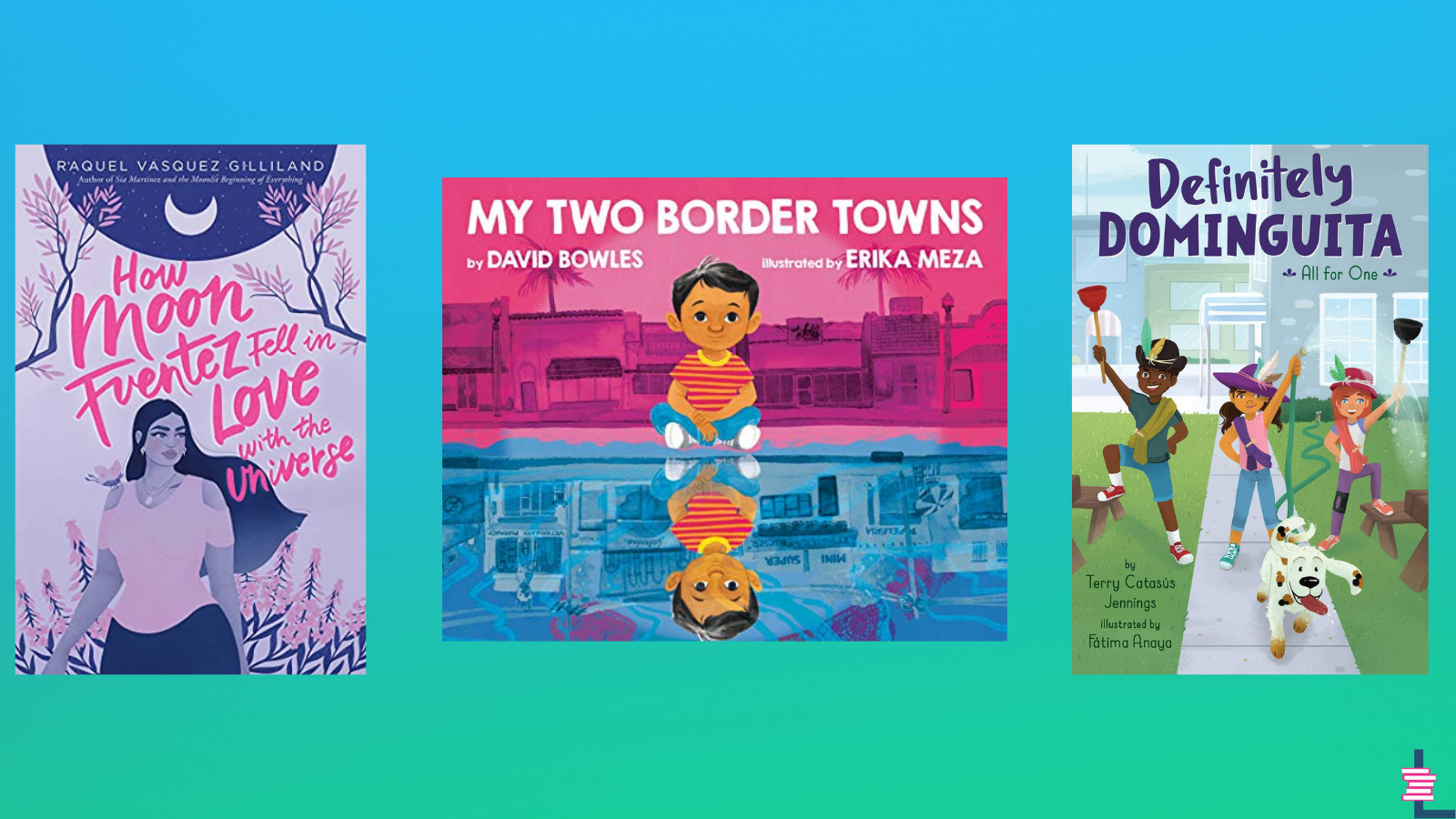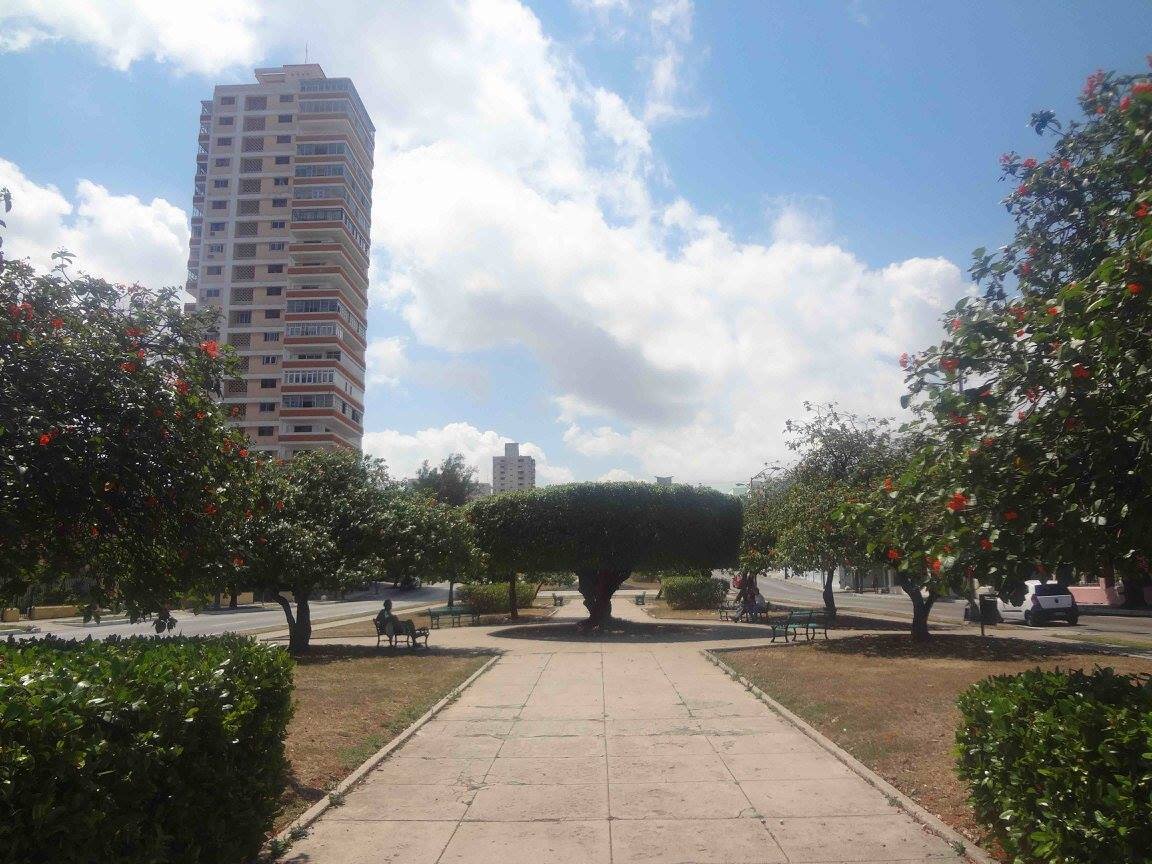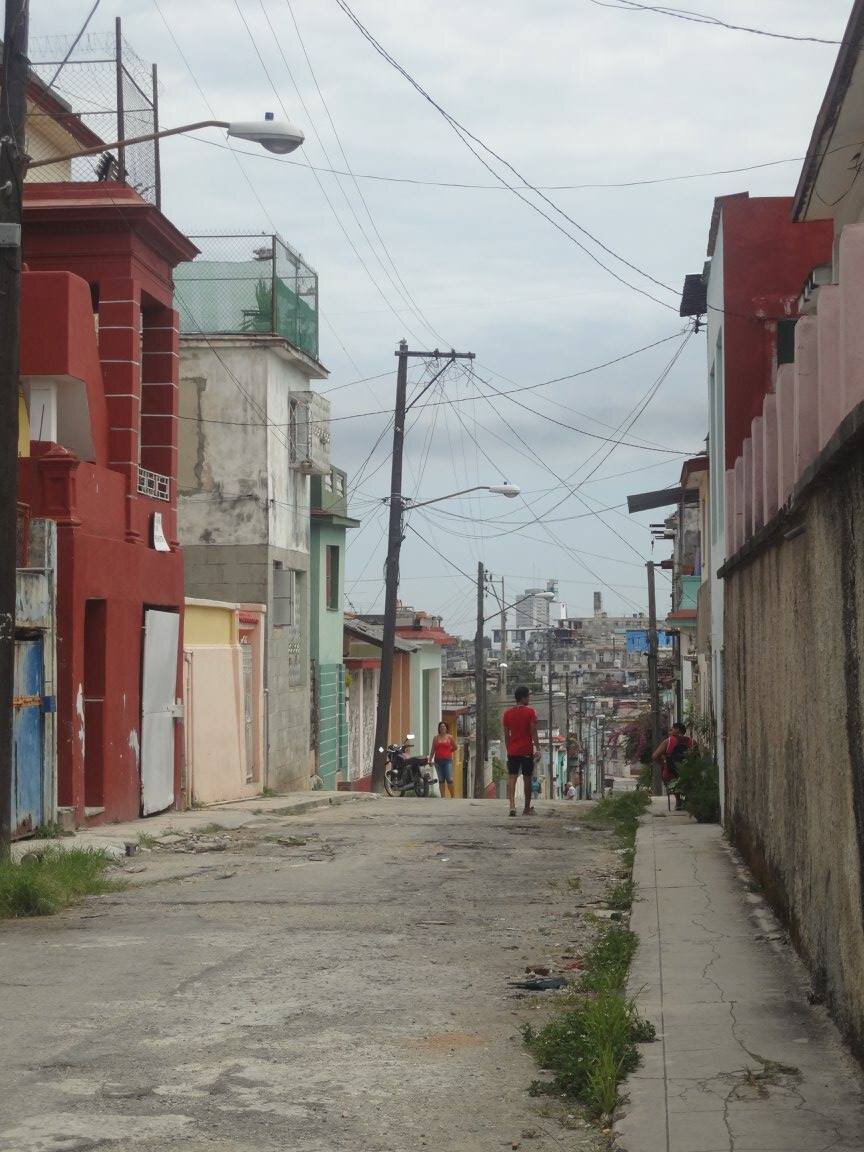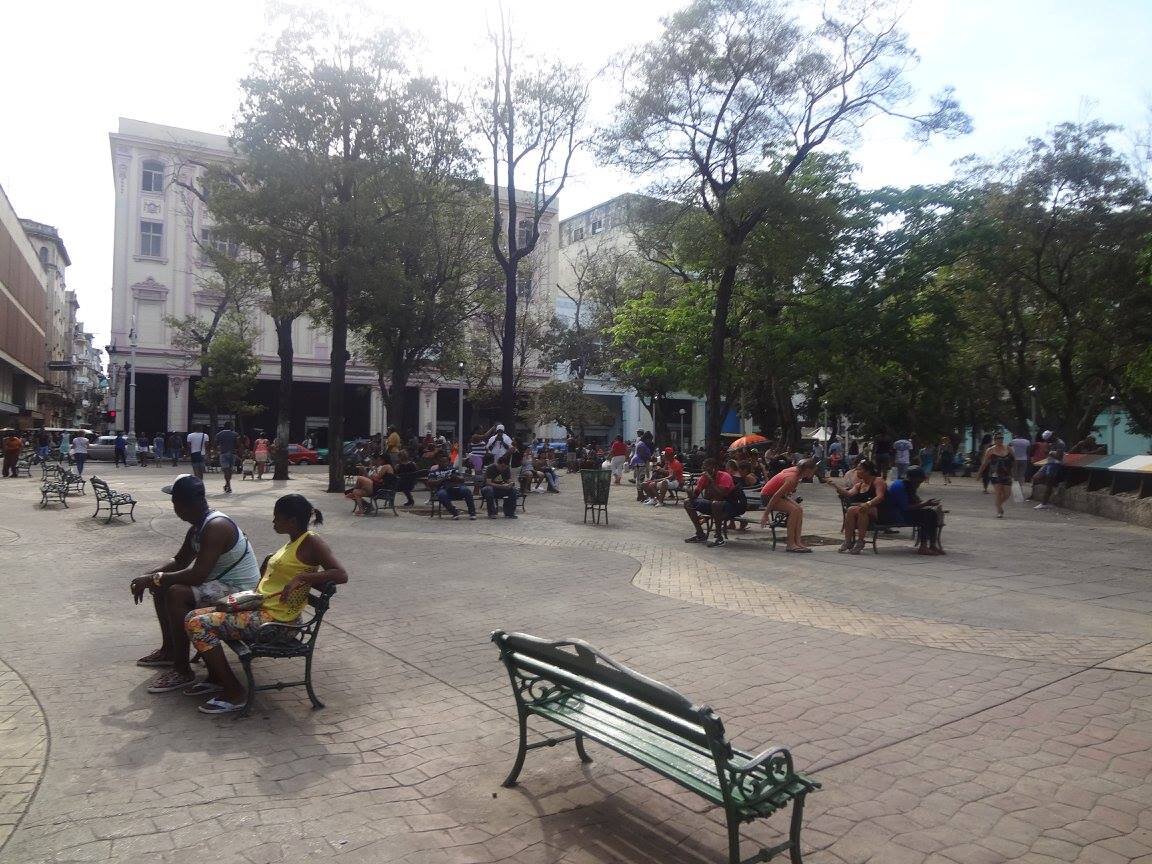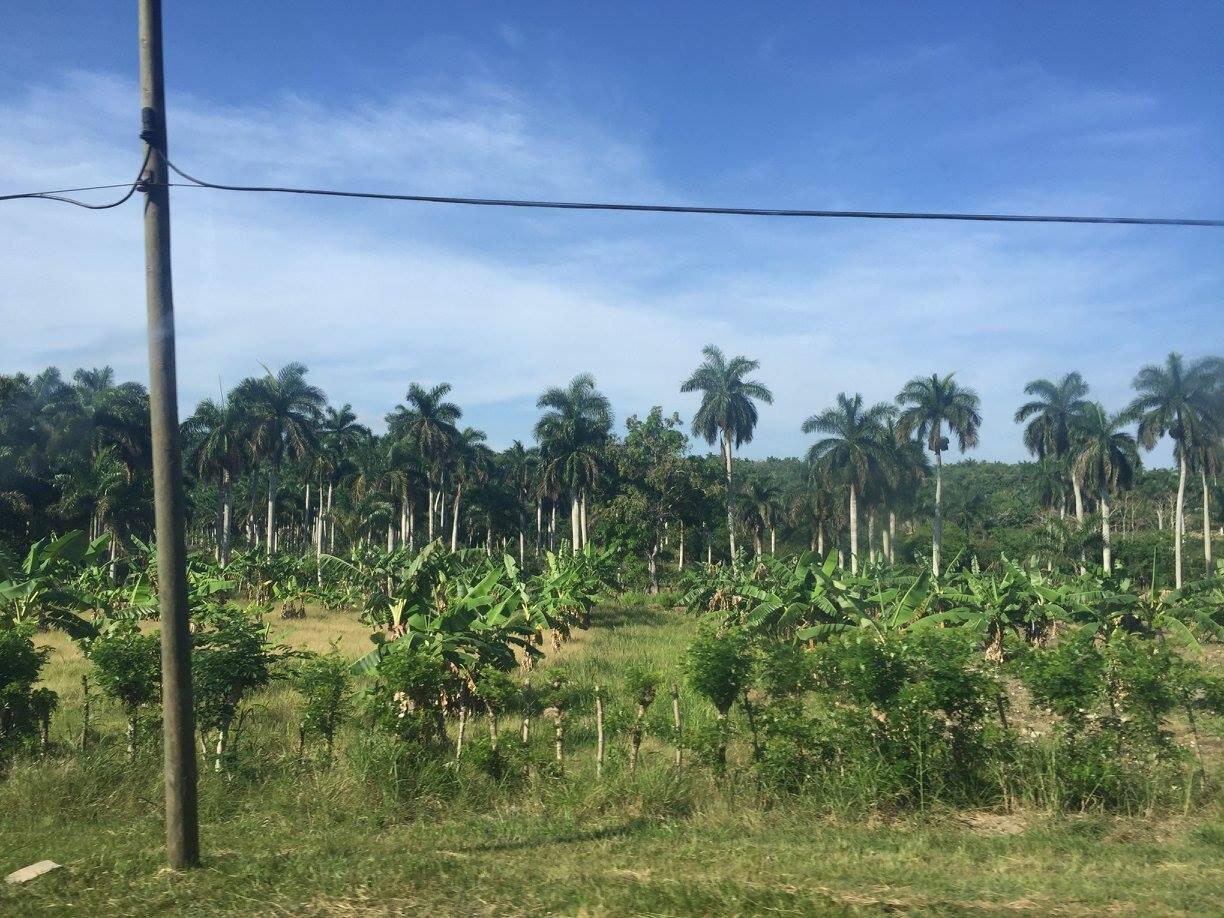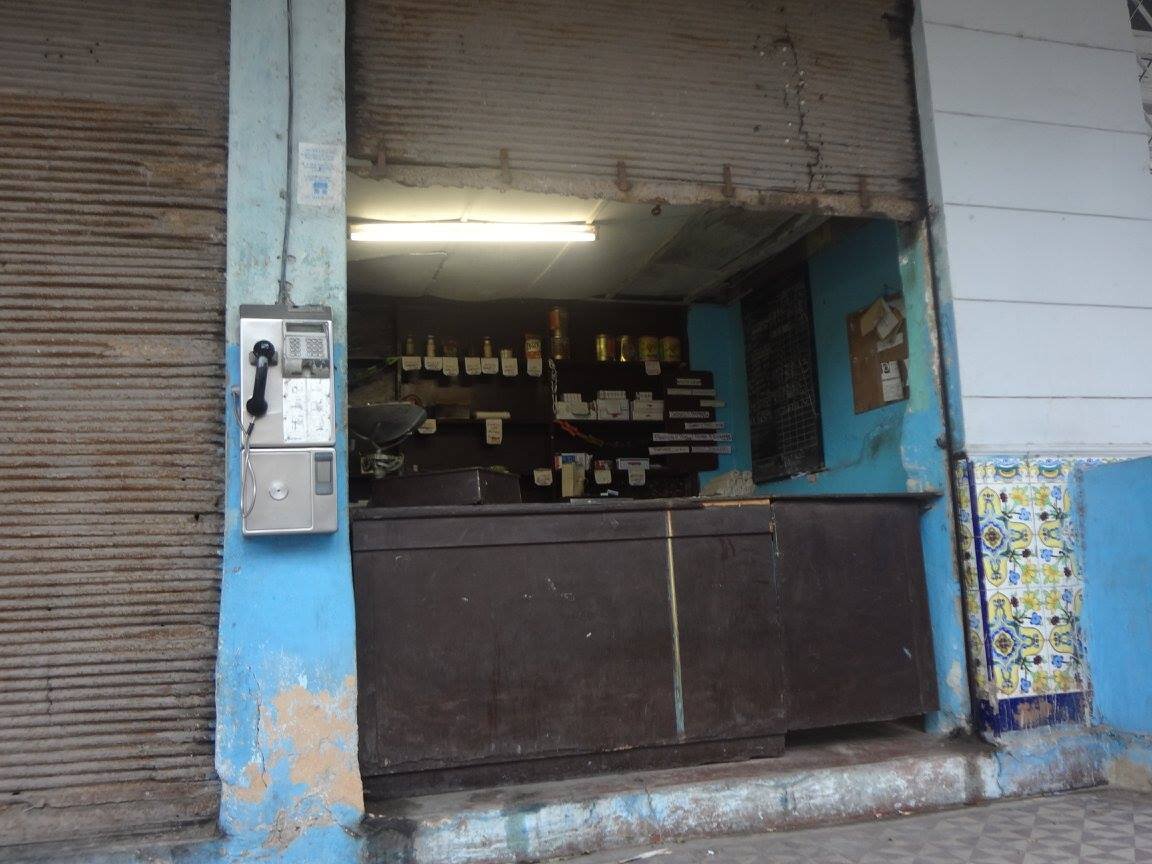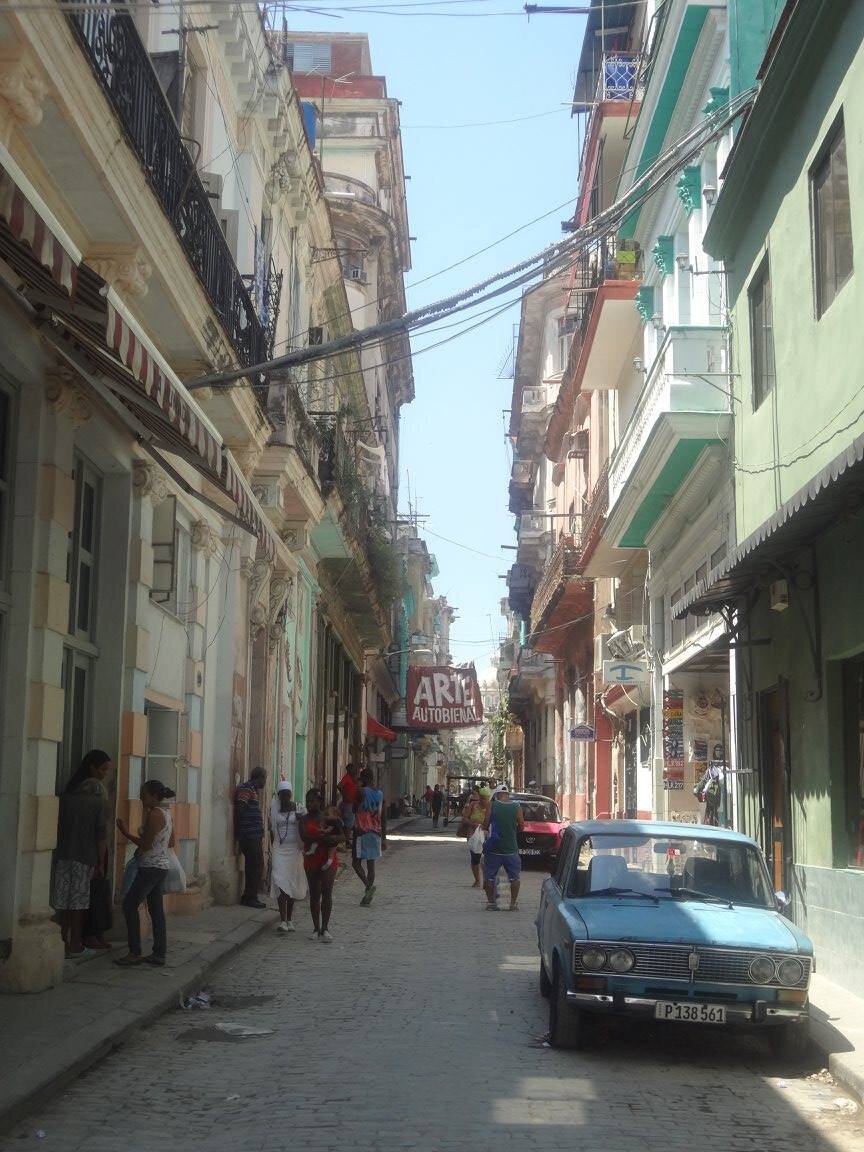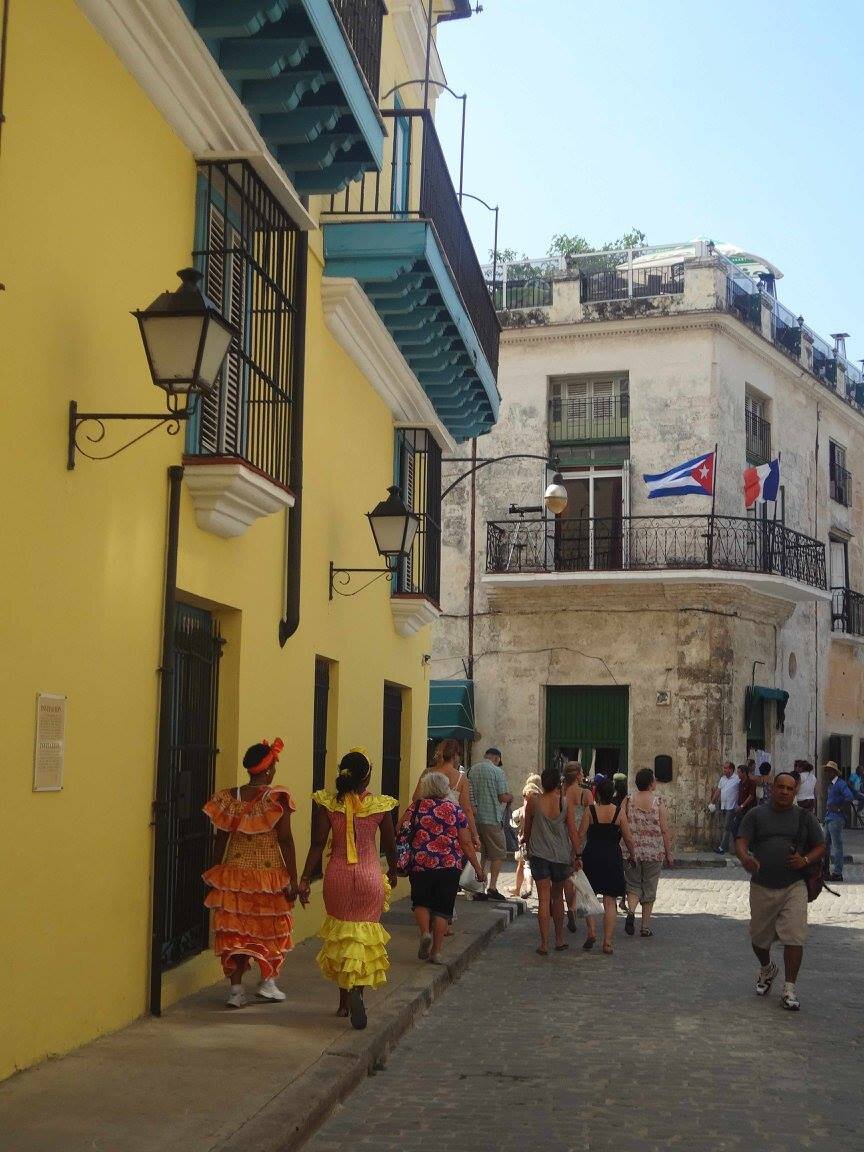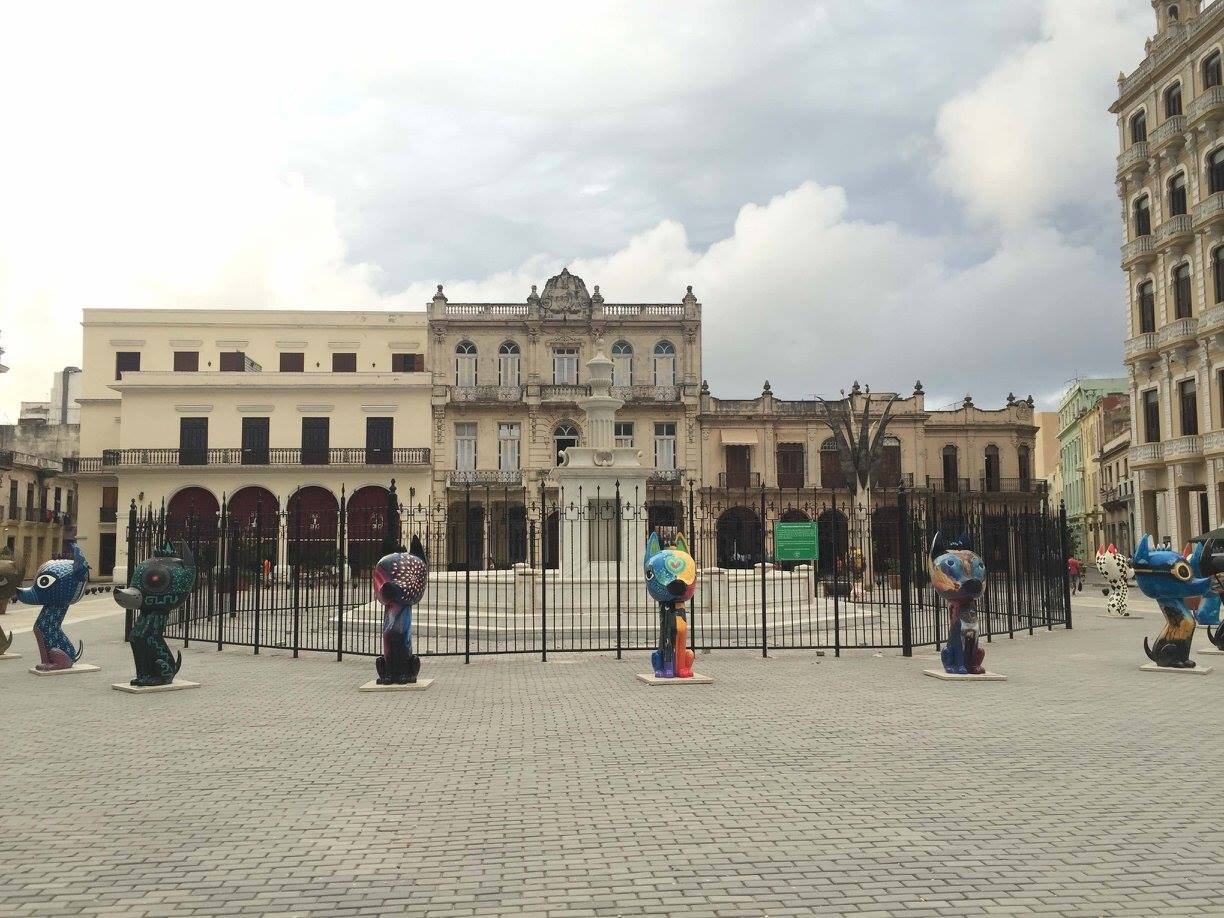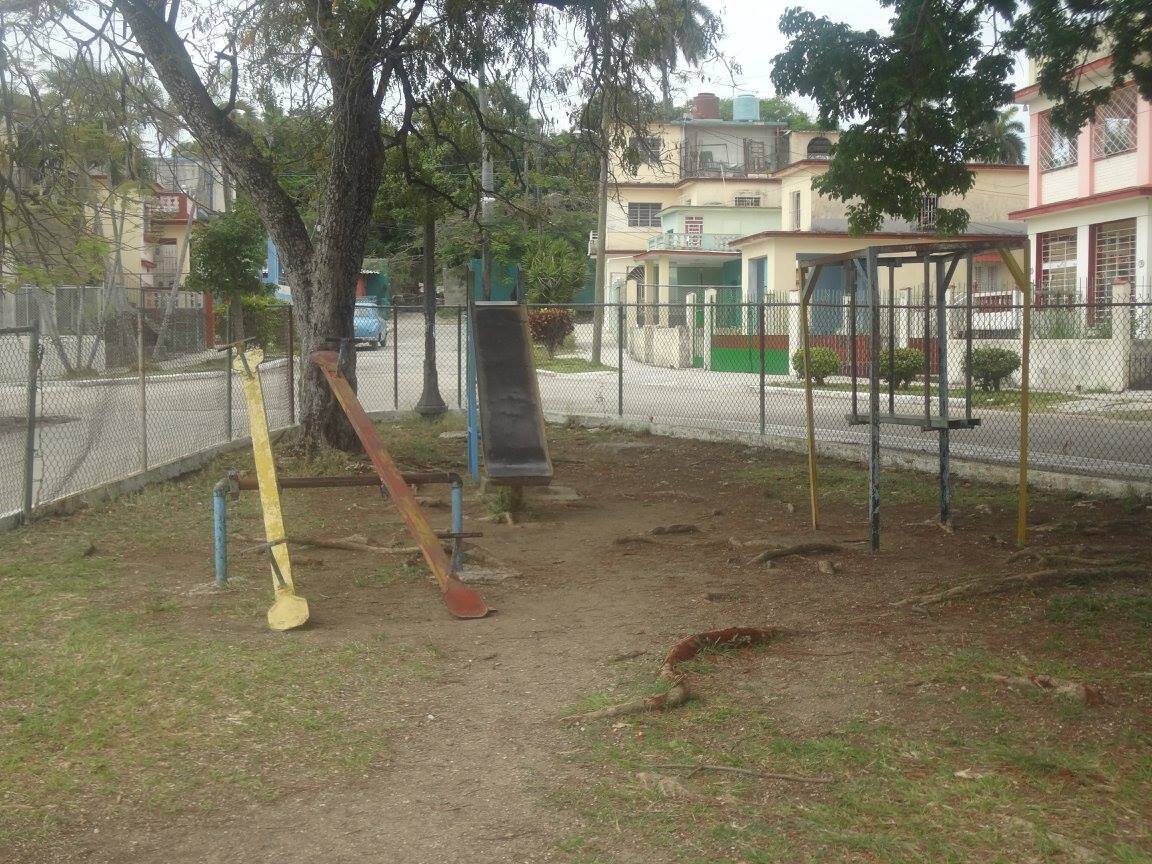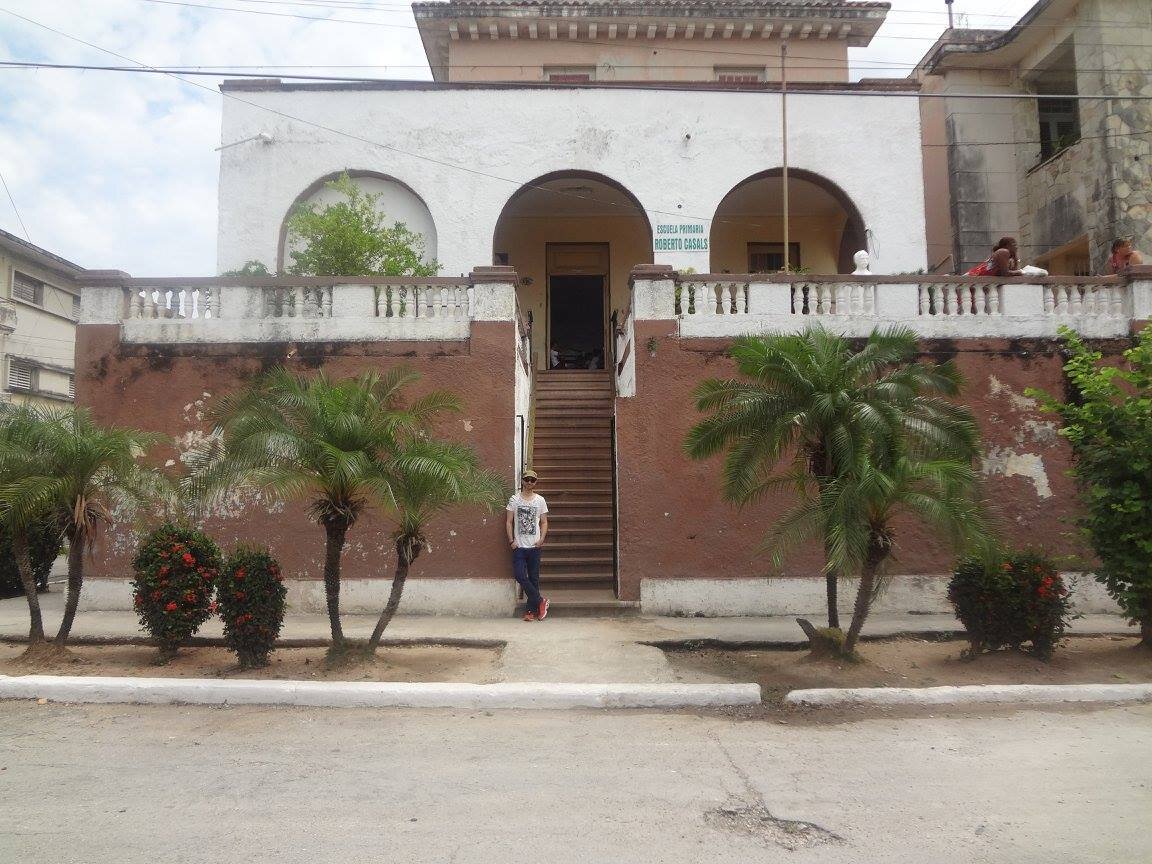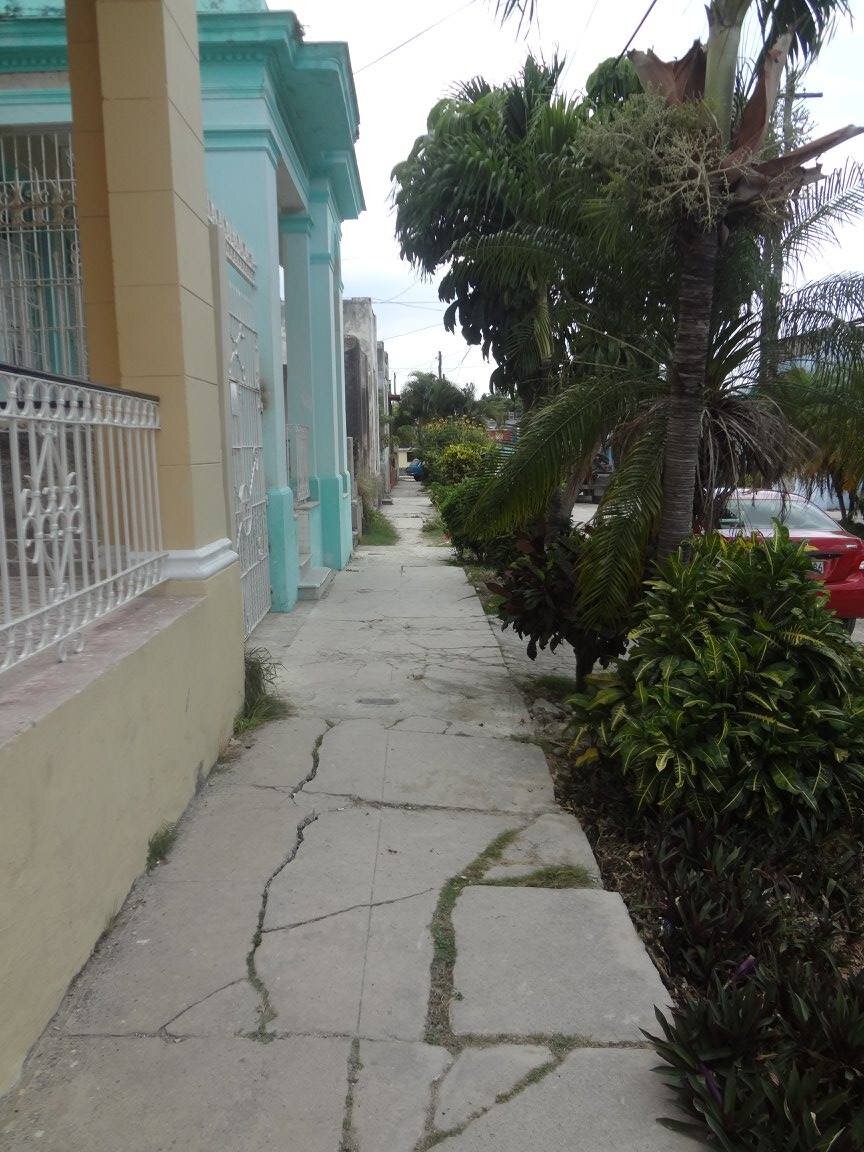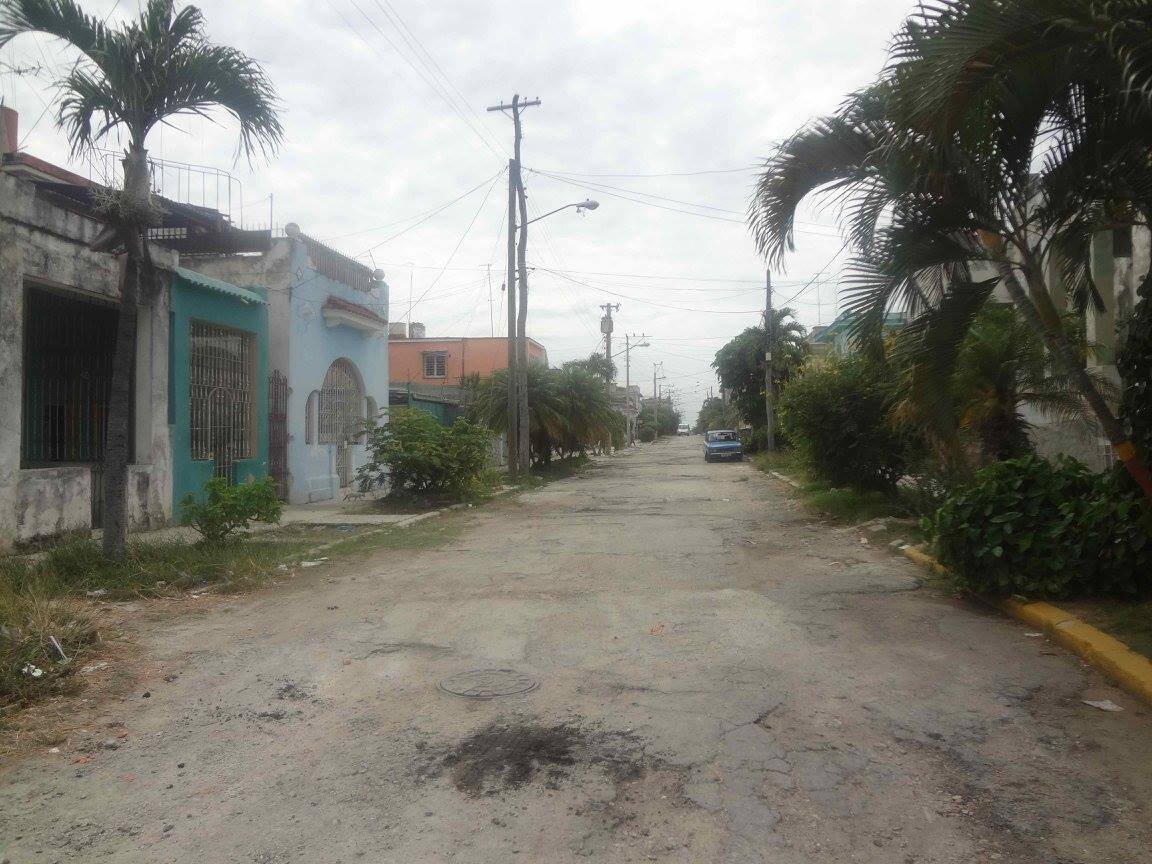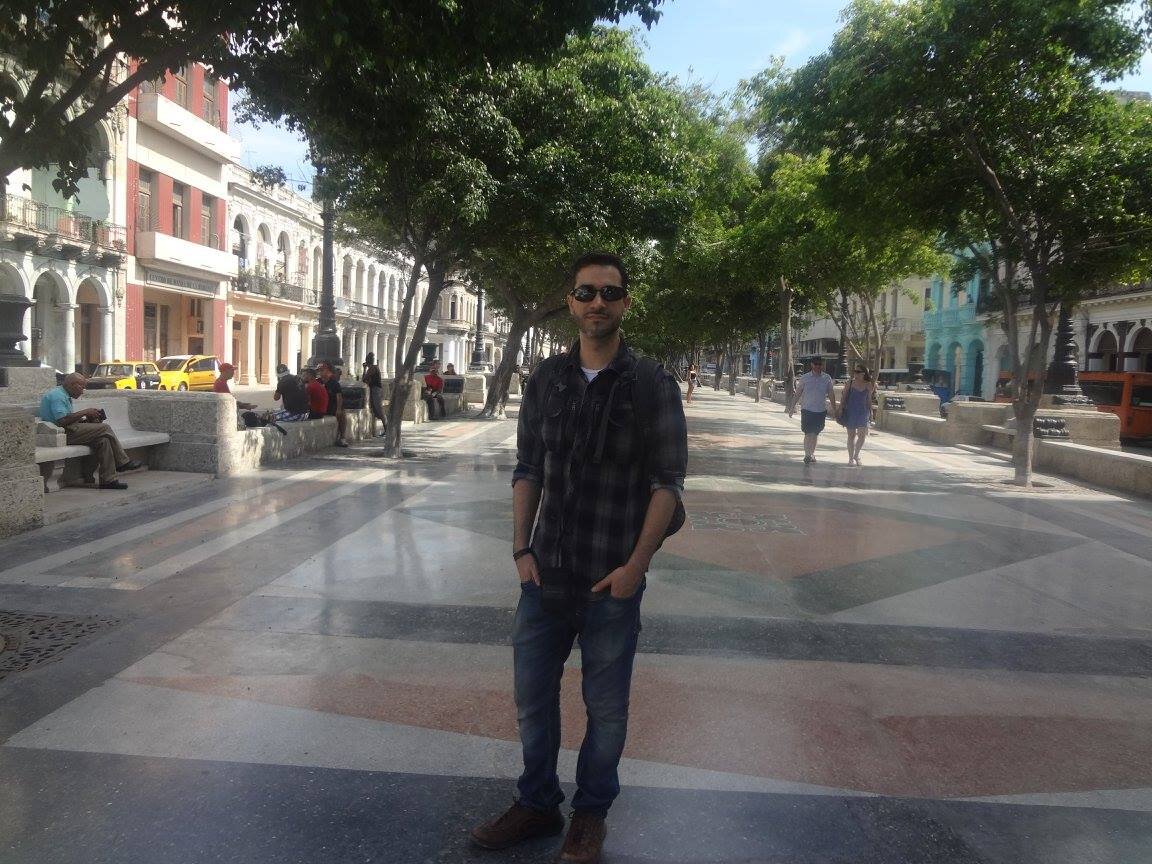Many cultures tell universal stories of very similar topics, etc. For instance, the ancient folklore on the flood has been told among many cultures, including the Aztecs in Mexico and Maasai and others in Africa, and they are two completely different continents. Even La Llorona was based on truth at some point, until it began to be changed by the storytellers. The story belongs to the storyteller, and Petra responds to her environment—in this case the bad being, The Chancellor—to shape her own stories. I had the opportunity to include [a story I heard when I was little], like Blancaflor, and change it.
YT: This really resonates with how I grew up listening to and reading stories as well. It also gives a nod to what author Daniel Nayeri references in his own debut novel about who owns the truth. What are the reasons you decided to write a science fiction fantasy novel?
DBH: The story came from a short story writing prompt. “Take a traditional fairytale and make it sci-fi.” I immediately thought about The Princess and the Pea, where we see that the princess is tested through sleep. I wanted to place value in the girl’s mind rather than how the original story is set up. Soon after, I decided the short story I’d written should be a novel. I am also a huge fan of sci-fi, such as Star Trek, I can talk about it extensively. But I also chose to incorporate traditional folklore, like Blancaflor, but in my version I made Blancaflor the hero who returns and rules the kingdom, rather than the prince.
YT: The new planet, Sagan, is so different from Earth. How did you envision your world building? Is there anything on Sagan that was influenced by Earth?
DBH: Oh it was wonderful building Sagan as a planet. I want readers to be as excited and yet a bit scared of the unfamiliar on Sagan because that’s how it really is in real life on Earth. There are things that are so beautiful and others that are dangerous. In The Last Cuentista, there are atmospheric conditions that the characters don’t expect. The Collective performed a genetic alteration that has made certain conditions dangerous. Sagan is also a tidal locked planet (which means it doesn’t rotate as Earth and other planets do). When Petra lands with the others, I wanted it to be magical but still incorporate a lot of pieces of what I’ve seen and loved in sci-fi but tried to give it my own perspective. The bioluminescence trope can be overused so I thought, “how can Sagan have its own unique creatures which glow?”. Magical places can be alluring and certain things came to me as a wrote it out—what if along the shore with a lake, there were specific beings that have the beauty of Earth’s butterflies but live within the lake, something that is fascinating, but not exactly reachable.
YT: One of the most enchanting aspects of the story is the way Petra holds her heritage so close to her heart. Among what stands out most about Petra is her extensive knowledge of cuentos (folktales). Did you also grow up with the exact folktales that are in your novel?
DBH: I did grow up with some of the folktales mentioned, but I was worried about changing them from exactly how I’d read them or heard them. I’ve studied folklore and mythology from lots of different cultures and that knowledge allowed me to think, during my writing process, “Okay is this still what I want to do? Do I want change it up a bit?” I was worried about the character, Petra, altering them from their “pure” form. Petra is a storyteller and makes them her own by changing how they are told. I did bring this up during edits and was able to get a little help and advice from other writers. I’m paraphrasing, but David Bowles gave me important feedback. He spoke to how once you decide to write on something like folklore, the story becomes the storyteller’s depending on what elements I keep and decide to add. This is how oral tradition has worked throughout history and how stories evolve and change.
YT: How did you select the folklore that was incorporated in The Last Cuentista? I remember growing up hearing Iztaccihuatl and Popocatepetl’s story among others, so I was pleasantly surprised when I saw it in the novel.
DBH: Oh yes, I think Iztaccihuatl’s and Popocatepetl’s story is among the most popular and well-known in Mexico. For their specific story, I remember seeing a black velvet canvas at my aunt’s house and it was the most beautiful art I had seen, that depicted the mountains. When I was older, I read the story behind the painting and understood the ache of lost love it told, almost like the Romeo and Juliet narrative we are taught in school, but I decided I needed Popo and Itza’s love story in my book somehow. There are so many different versions though of this one story. Same with other folklore like The Fox and the Crow. I grew up reading Ray Bradbury and Ursula Le Guin, watching The Twilight Zone, and am a total Star Trek nerd, so that helped shape how I included the folklore too. There were a lot of other tales that I wanted to incorporate but just had to leave out due to the length of the book. haha.
YT: You’re absolutely right that stories change depending on who says it. How does the conversation of family ties and culture take shape in your literature?
DBH: I love oral tradition and storytelling, and also fear that it’s dying and I don’t want that to happen. I feel people now just turn on their television or computer and select something they want, individually. When I think of [a streaming service] like Netflix, I’m like “hey, why not instead let’s sit here together and just talk and share our own stories and slow down”. I love to watch the mannerisms, facial expressions, and similar of storytellers. For thousands of years, humans have said, “let’s sit by the fire, and pass on stories to our children”, which I want to continue to do.
In The Last Cuentista when you layer in a cataclysmic event like a comet hitting Earth, it forces us to consider the value of those who remember our stories. We have so many rich stories to tell and even the hint of losing them is a reminder to us as humans to keep telling them.
YT: Very powerful and that resonates with how I also believe there’s so much importance in past stories and heritage. I also remember those days when it was more common to tell a story verbally. There usually tends to be an element of surprise or of great value within narratives and in real life. What’s the significance behind the obsidian in the story?
DBH: I’m so glad you asked, I actually bought it for my daughter when I went to Chichén Itzá, Mexico a while back. There was a street vendor that showed me how the obsidian can be used to see through it and to the sun, so the obsidian is a doorway. It’s very important to me because the obsidian will always connect me to my daughter. This is relatable to Petra’s connection to her grandmother. The obsidian is very important in Mayan and Aztec culture because they believed it was a mirror into the future. Additionally, it was thought that when you can see the sun through it, there are magical powers to connect people.
YT: I love that you shared that, and it is responsive of how essential it is to maintain the connection between people through storytelling. Do you have plans for a sequel?
DBH: Haha, well, I am thinking and writing about something unique that may or may not be involved in The Last Cuentista’s universe. I will say that before I submitted The Last Cuentista’s finalized manuscript, I already had about two more chapters worth of further narrative in my mind, so anything is possible!
For more updates on her latest works, follow author Donna Barba Higuera on:
Twitter: @dbhiguera
Instagram: @donnabarbahiguera
Website: https://www.dbhiguera.com/
Remember to use the hashtag #TheLastCuentista, and you may also contact author Donna Barba Higuera for school visits, book club visits, and more via her website. ¡Que tengan una excelente lectura!
















